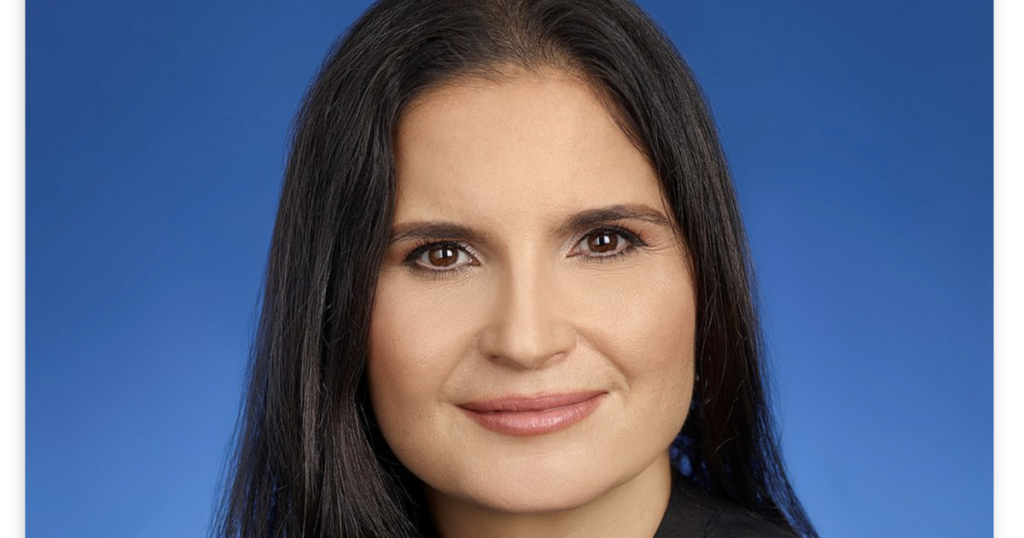Special counsel Jack Smith and attorneys for former President Donald Trump were involved in a three-day hearing in a Florida federal courtroom to address whether Smith should be allowed to prosecute Trump. Trump challenged the appointment and funding of the special counsel, arguing that Smith lacks the authority to prosecute the case. Trump’s legal team claimed that Attorney General Merrick Garland did not have the constitutional authority to appoint Smith and that a special counsel must be appointed by the president and approved by the Senate. The government warned of potential consequences if Trump’s argument was accepted, including issues with Justice Department officers not being able to perform essential work.
During the hearing, U.S. District Judge Aileen Cannon questioned Trump’s argument that Smith’s appointment was unlawful and expressed skepticism. The debate centered around statutes such as 28 U.S.C. section 533-1, which addresses the appointment of officials to detect and prosecute crimes against the United States. Trump’s team argued that the statute did not confer the necessary authority, while Smith’s team cited precedent, text, history, and consequences to support the lawfulness of Smith’s appointment. Former federal prosecutors and elected officials filed a brief in support of Smith, while former U.S. Attorneys General Edwin Meese and Michael Mukasey backed Trump’s challenge.
Attorney Matthew Seligman supported the prosecution’s argument, citing the Supreme Court’s Nixon precedent as affirming the lawfulness of Smith’s appointment. Trump’s team contested this view, claiming that the Nixon precedent did not have binding authority and expressing concerns about the Appointment Clause. The debate also touched on the history of special prosecutors and the roles they have played. Trump’s team also challenged the funds allocated to pay for the special counsel probes, arguing that the Justice Department was using an indefinite bucket of federal funds. Smith defended his appointment, noting that it was sanctioned by special counsel regulations that have governed previous investigations.
Trump’s argument against the special counsel’s appointment mirrors a failed strategy by Hunter Biden, who tried to dismiss cases filed against him by another special counsel. The case against Trump involves allegations of mishandling national defense information and engaging in a scheme to obstruct a classified records probe. The former president and two aides pleaded not guilty to the charges. The hearings also addressed a proposed gag order over Trump’s speech, with the special counsel seeking to limit Trump’s public comments about law enforcement on the case. The judge is expected to consider arguments on Smith’s special counsel appointment and other matters in court, including a sealed hearing over attorney-client privilege issues.
The proceedings are ongoing with a focus on whether Smith has the authority to prosecute Trump and the legal challenges presented by both sides. With the Supreme Court still considering Trump’s claims of presidential immunity from prosecution and a lengthy pretrial schedule, the likelihood of either case against Trump going to trial before the presidential election is uncertain. The issues being discussed in the Florida federal courtroom serve as a focal point for legal battles surrounding the former president and the limits of special counsel authority.


